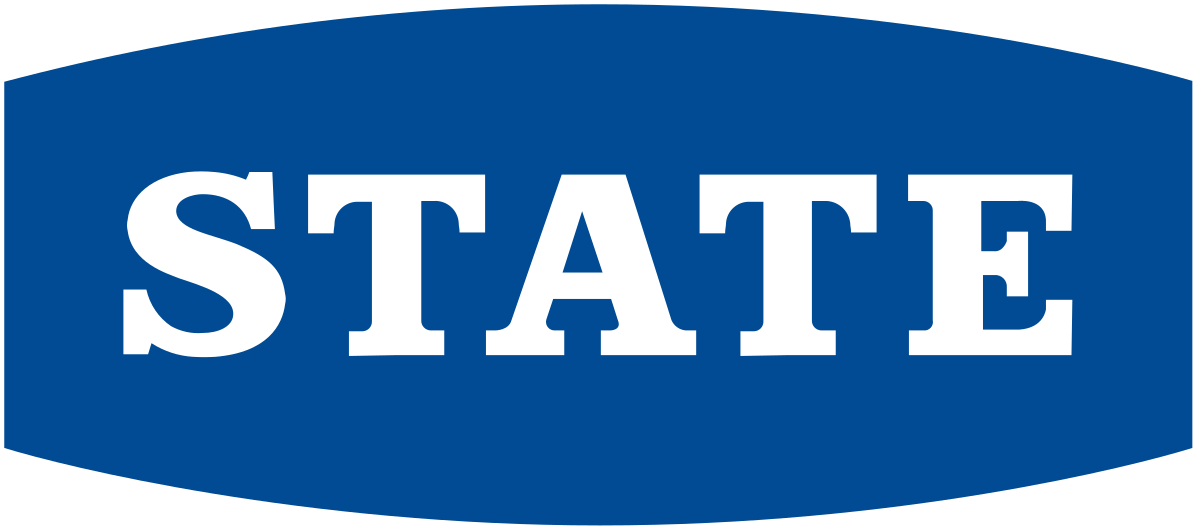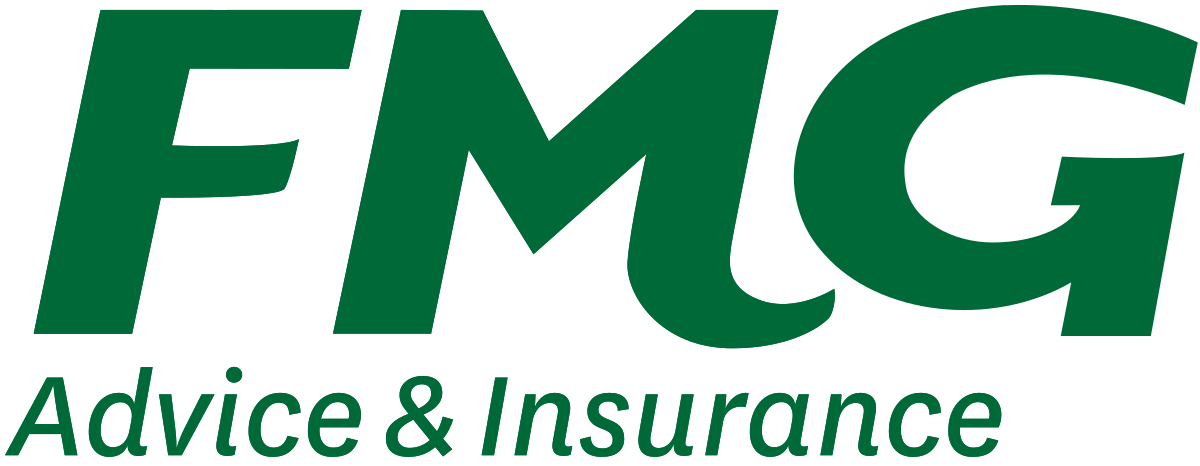What kinds of petrol are there?
When comparing petrol types, the numbers used to describe the different fuels are important: 91, 95 and 98. These reveal the fuel’s octane rating, which is a measure of how much heat and pressure it can withstand before igniting.
Standard unleaded petrol is 91. This is the most popular, and cheapest, type of fuel. Premium unleaded is 95 and 98, while e10 describes an ethanol-blend of up to 10% ethanol in petrol. E10 is a fuel that can be used as a substitute for 91 in most cars.
While all types of petrol are pretty much the same in terms of the energy they deliver, manufacturers design engines to a minimum octane rating.
If you open the fuel flap of your car and it says “unleaded petrol only”, it means 91 octane fuel is okay to use. If it says “premium unleaded only” it means you need to use at least 95. And if the fuel flap tells you to use 98, use 98.
Can I put a higher octane fuel in my car?
It won’t hurt your engine if you use a higher octane fuel. For example, if you use 95 or 98 in an engine designed for 91, that’s fine. However, avoid using a lower octane fuel than the minimum recommended by the manufacturer. Using 91 in an engine designed for 95 or 98 is potentially destructive.
High-octane petrol, often labelled premium or supreme, sounds as if it should rank mightily above plain old regular. Fuel retailers say that it improves overall performance and engine efficiency. Retailers aren’t lying, but they can overstate the benefits of their premium fuels. Most engines will run slightly better if you run them on a higher octane fuel than the minimum recommended.
But, in practice, any improvements in power output and fuel efficiency are small, and the price premiums of higher octane fuels will eclipse the economic benefits from using them.
So, it’s not an economically rational choice to run 98 in an engine designed for 91. And a premium price tag doesn’t equate to a better quality fuel, either, as all petrol sold in New Zealand must meet strict quality levels.
Searching for the Cheapest Personal Loan?
If you’re looking for the cheapest personal loan, Canstar’s personal loan comparison tables can help. The table below displays the sponsored unsecured personal loan products available on Canstar’s database for a three-year loan of $10,000 in Auckland, with links to lenders’ websites. Use Canstar’s personal loan comparison selector to view a wider range of products on Canstar’s database. Canstar may earn a fee for referrals.
The reality
While it could seem that using a higher octane petrol than specified for your vehicle might unleash some hidden power within your engine, you’re unlikely to notice any benefits. And most cars in NZ are designed to run on 91 octane fuel.
What about e10?
Adding ethanol to petrol increases its octane rating, which can improve performance. E10 is also slightly better for the environment. However, e10’s downside is that it delivers slightly lower fuel economy than regular petrol, around 1-3% less.
And despite its higher octane rating, it’s by no means a substitute for premium unleaded petrol. If your car requires 95 or 98, e10 is not a viable fuel for it.
While most cars on New Zealand roads designed for 91 petrol can accept e10, you should always check your car’s manual, or with its manufacturer or dealer, before filling up with e10 at the bowser.
Compare Outstanding Value Car Insurance with Canstar
Looking for great value car insurance for you and your family? Each year, we release our car insurance awards, including winners for Insurer of the Year, Outstanding Value, and Most Satisfied Customers. As part of our award results, we also publish our Outstanding Value Star Ratings, covering car insurance for different age groups. Below are our top-rated providers in the drivers aged 30-49 category. Click here to view our complete car insurance Star Ratings for all age groups.
Comprehensive Cover: Drivers 30-49:
| Provider | Star Rating |

Car Insurer of the Year |
 |
 |
|
 |
 |
See here for our ratings methodology. The table above is an abridged version of our research. For the full results of our latest Car Insurance Ratings and Award, click here.
 About the author of this page
About the author of this page
Bruce Pitchers is Canstar NZ’s Content Manager. An experienced finance reporter, he has three decades’ experience as a journalist and has worked for major media companies in Australia, the UK and NZ, including ACP, Are Media, Bauer Media Group, Fairfax, Pacific Magazines, News Corp and TVNZ. As a freelancer, he has worked for The Australian Financial Review, the NZ Financial Markets Authority and major banks and investment companies on both sides of the Tasman.
In his role at Canstar, he has been a regular commentator in the NZ media, including on the Driven, Stuff and One Roof websites, the NZ Herald, Radio NZ, and Newstalk ZB.
Away from Canstar, Bruce creates puzzles for magazines and newspapers, including Woman’s Day and New Idea. He is also the co-author of the murder-mystery book 5 Minute Murder.







Share this article